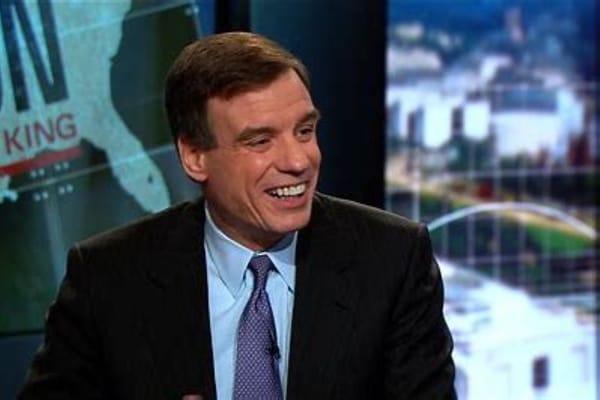
Infrastructure
Watchdog Report Calls for National Broadband Strategy to Reduce Broadband Fund Inefficiencies
The GAO report found many different federal broadband programs prone to inefficiencies.
Broadband Infrastructure is the means to deliver Better Broadband, Better Lives
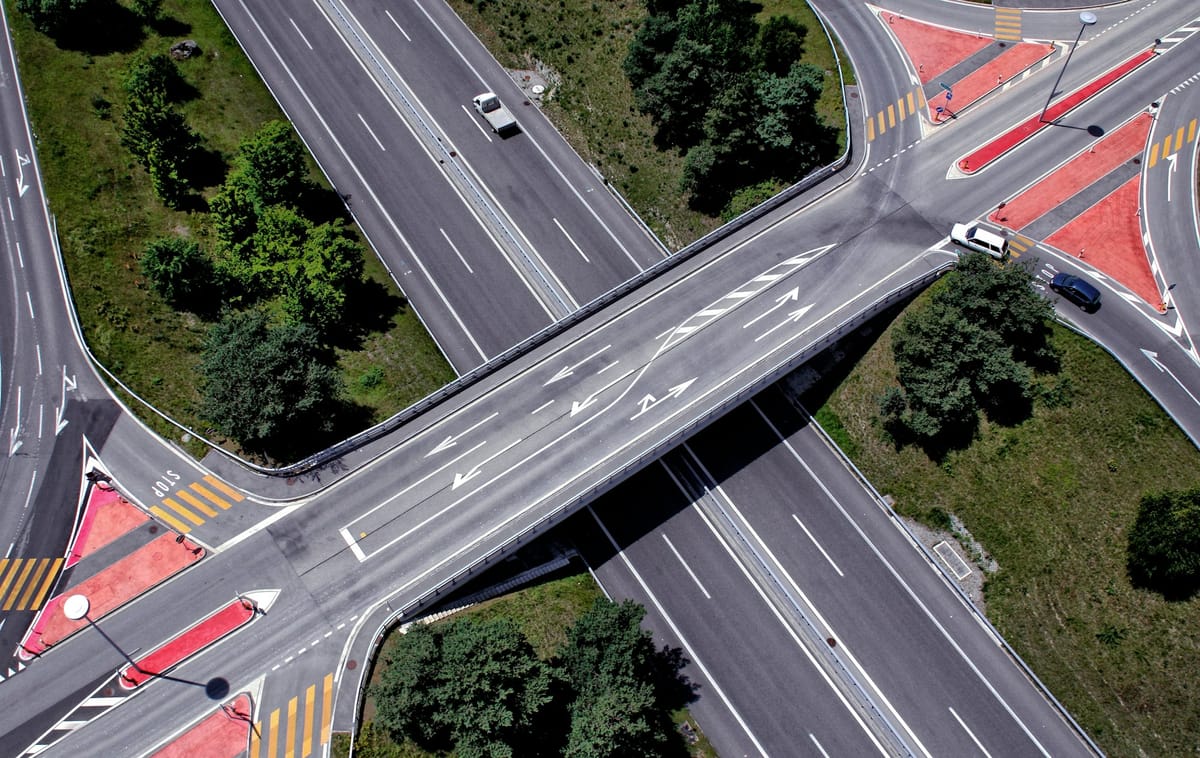

Infrastructure
The GAO report found many different federal broadband programs prone to inefficiencies.
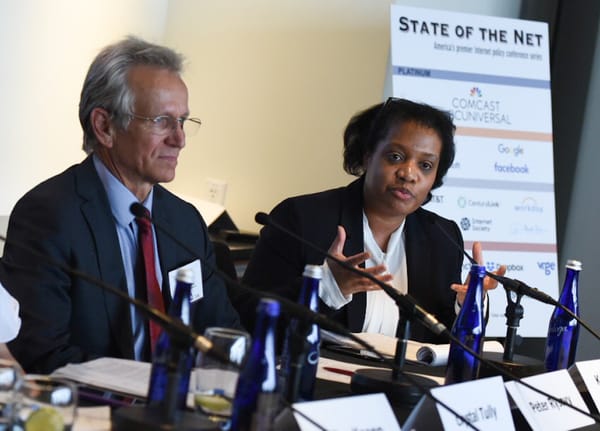
Spectrum
Rysavy argued that it would take an “all of the above” approach to meet the coming need for spectrum.
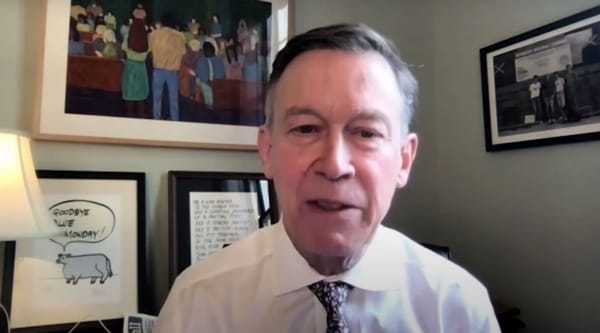
Infrastructure
‘We want to make sure that the FCC has to…detect, problems long before they become crises.’

Infrastructure
Expanding access to broadband has been at the top of many of Colorado’s local, state and federal legislators’ agendas.

Education
Barriers to closing the divide including awareness of programs, resources and increasing digital literacy.
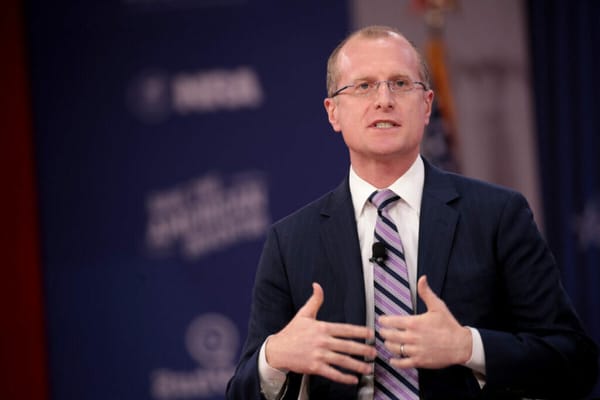
The lawsuit comes years after Facebook was found to have been used to harvest personal data for political purposes.
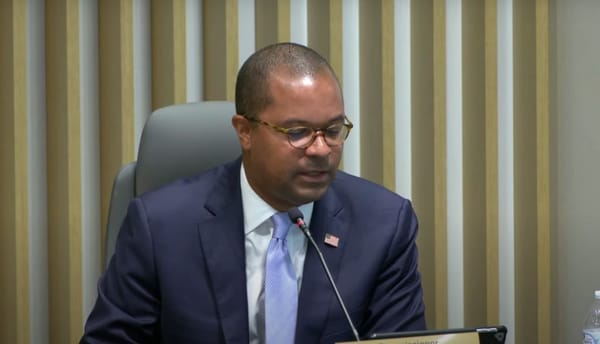
FCC
FCC will consider raising the speed standard for certain carriers that receive fixed monthly funding from the agency.
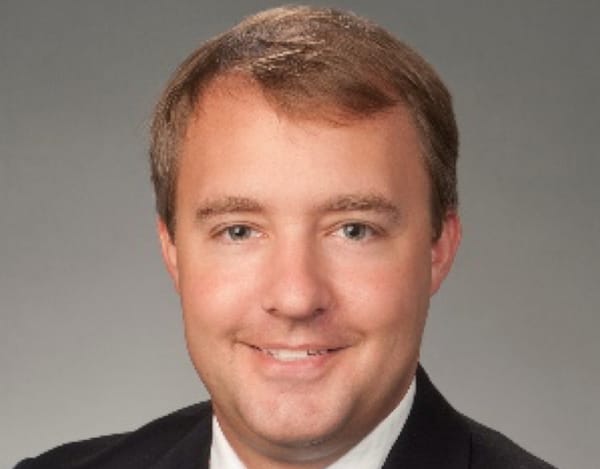
Infrastructure
Such state action could potentially the delay the implementation of the broadband policy, says Fiber Broadband Association counsel.
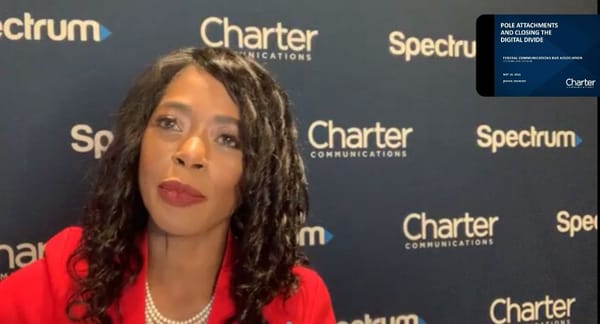
Infrastructure
The issue of pole attachment costs to place broadband equipment is being examined by the FCC.
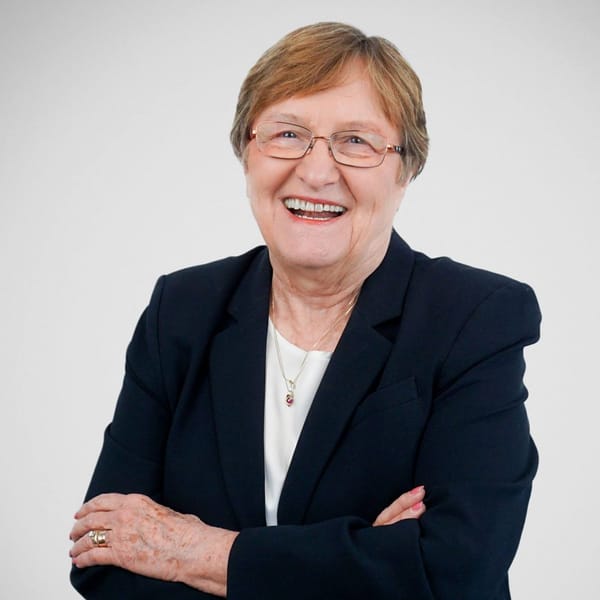
Expert Opinion
The FCC recognizes pole access for the barrier that it is.

Funding
The long awaited notice of funding opportunity laid out the system for how each applicant program will be scored.
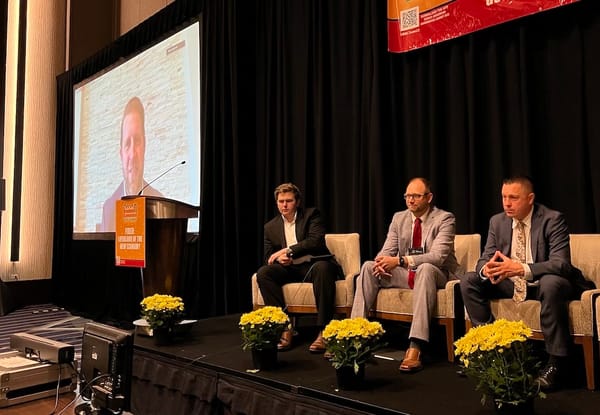
Infrastructure
“Some communities are way ahead of others,” Illinois Broadband Office Director Matt Schmit said about quest for IIJA funds.
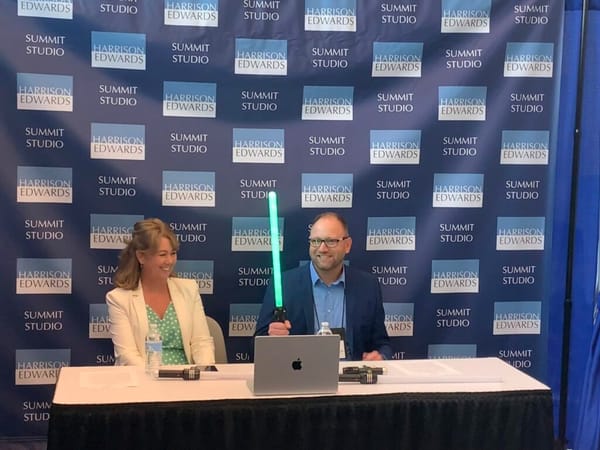
Open Access
Both the GSCA and Yellowstone Fiber are using UTOPIA’s techniques to provide open access broadband over fiber.
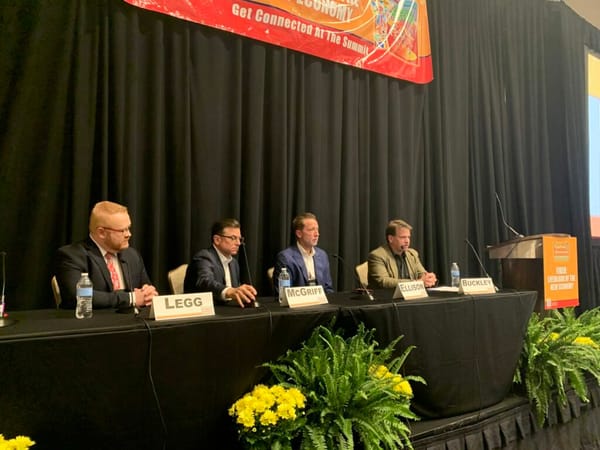
Infrastructure
The funding priorities of IIJA has created the false perception that middle mile is not as important as last mile, experts say.
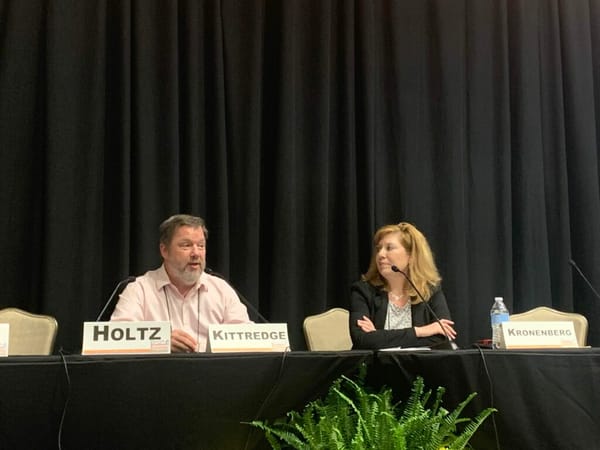
Infrastructure
Delays in supply chain movement means providers should ‘know what you need six to nine months out.’

Infrastructure
Workforce funding for infrastructure expansion has been allocated under the infrastructure bill.